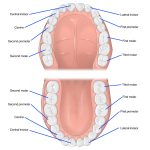Why Do Dogs Chatter Their Teeth After Licking? Explaining This Common Canine Behavior
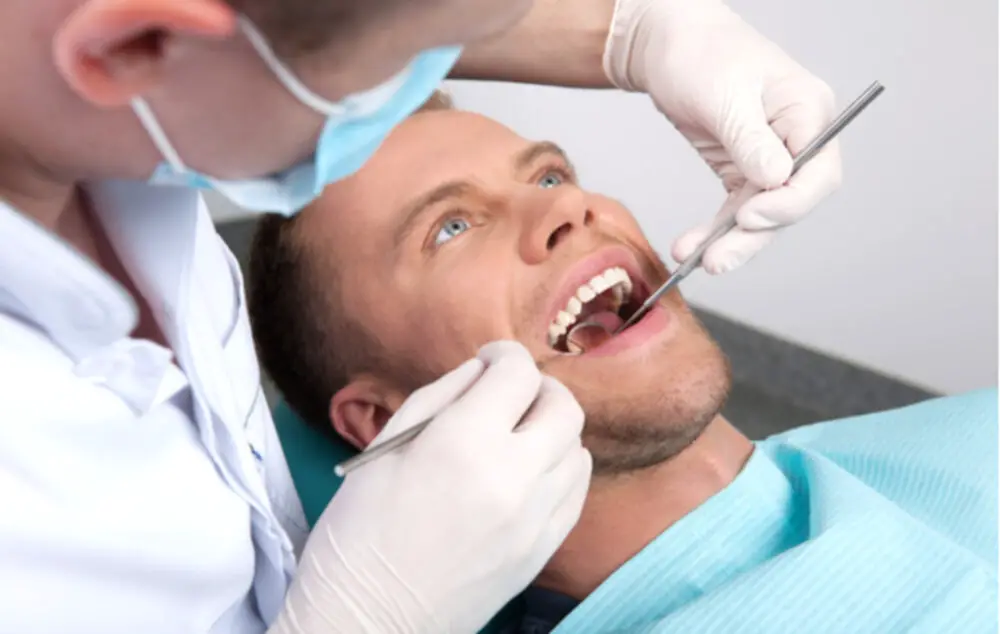
Dogs are fascinating creatures that exhibit a broad range of behaviors and emotions. From wagging their tails to barking, they communicate in many ways. If you’re a dog owner or have ever interacted with these pets, you may have noticed a peculiar behavior that some dogs exhibit after licking. It’s the chattering of their teeth, which can be quite alarming at first. But why do dogs do this? Is it something to be concerned about? In this article, we’ll dive into the reasons behind this common canine behavior. Dogs use different ways to communicate their emotions, and teeth chattering is one of them. The behavior is often accompanied by a rapid movement of the jaw and can usually be heard from a distance. While it can be worrying for some pet owners, teeth chattering is a normal behavior in dogs. Understanding why dogs chatter their teeth is essential in helping to decode their behavior and improve your relationship with your furry friend. So, let’s explore what causes dogs to chatter their teeth after licking and how you can interpret this behavior.
Teeth chattering is a common behavior in dogs that can be easily noticed by their owners. This behavior is characterized by the rapid and rhythmic grinding of the dog’s teeth, which can produce a distinct sound. Interestingly, teeth chattering often follows licking behavior in dogs. While the exact reason behind this behavior is not fully understood, it is believed that teeth chattering is a response to the taste or texture of something the dog has tasted while licking. Some experts suggest that teeth chattering may also be a sign of excitement or anticipation, particularly when the dog is preparing to play or engage in a favorite activity. Regardless of the reason behind this behavior, teeth chattering is generally considered to be harmless and is not typically a cause for concern.
What is teeth chattering in dogs?

When dogs lick their lips excessively or after eating something they enjoy, they may sometimes start chattering their teeth. This behavior, commonly known as teeth chattering, can be puzzling for many dog owners. Teeth chattering can happen for various reasons, but it is usually a sign of excitement or anxiety. The behavior is most commonly observed in small dogs, but it can occur in any breed or size. Teeth chattering can be a sign of excitement or anticipation. For example, if a dog is waiting for a treat or a walk, they may begin to chatter their teeth in anticipation of the upcoming activity. Similarly, if a dog is happy to see their owner, they may start chattering their teeth as a sign of excitement. Teeth chattering can also be a sign of anxiety or nervousness. If a dog is in a new environment or is feeling overwhelmed, they may start to chatter their teeth as a way to calm themselves down. Overall, teeth chattering is a common behavior in dogs and is usually nothing to worry about.
Teeth chattering is a common behavior seen in dogs that is characterized by the rapid and repetitive movement of their jaws, which produces a clattering sound. This behavior can be triggered by a variety of reasons, such as excitement, fear, anxiety, or even dental problems. When dogs chatter their teeth, their mouths remain closed, and the sound is produced by the teeth rapidly rubbing against each other. The movement of their jaws can be quite noticeable, and their bodies may also tremble or shiver. In some cases, dogs may also lick their lips or produce excessive drool while chattering their teeth. Although this behavior may seem concerning to some pet owners, it is usually harmless and may even be a sign of happiness or contentment in certain situations.
Teeth chattering or grinding is a common behavior observed in dogs, especially after they lick their fur or their owner’s skin. However, it is different from other types of teeth clicking or grinding, such as bruxism, which is a sign of dental problems or stress. Teeth chattering in dogs is a sign of excitement or anticipation and is usually accompanied by other body language cues like wagging tail, raised ears, and alert posture. This behavior is believed to be a vestigial trait from their wild ancestors, who used it as a communication signal during hunting or pack activities. Therefore, dogs do not need any medical attention or intervention for teeth chattering unless it is a symptom of an underlying medical condition.
Why do dogs lick?

Dogs lick for a variety of reasons, and it’s important to understand what their licking behavior means. One of the primary reasons dogs lick is to show affection. When a dog licks your face or your hand, they are demonstrating their love and loyalty to you. Licking can also be a way for dogs to communicate with humans and other dogs. For example, a dog may lick another dog’s face as a sign of submission, or they may lick their own paws to comfort themselves. Another reason why dogs lick is to clean themselves and their surroundings. Dogs have a natural instinct to keep themselves clean, and licking is one of the ways they do this. They may lick their fur to remove dirt and debris, or they may lick their paws to remove any foreign objects they may have picked up while walking outside. Dogs may also lick their owners’ wounds or injuries as a way to clean and soothe the affected area. Overall, while licking can be a normal and healthy behavior for dogs, it’s important to monitor their licking habits to ensure they are not exhibiting any abnormal or obsessive licking behaviors.
Dogs have a variety of reasons for licking, and it is a common behavior that many dog owners observe. One reason is communication, as dogs use their tongues to convey a message to other dogs or humans. For example, a dog may lick a person to show affection or submission. Grooming is another reason why dogs lick, as they use their tongues to clean themselves or their puppies. Additionally, licking can be a form of stress relief, as dogs may lick excessively when they are anxious or bored. It is important for dog owners to understand why their dogs lick, as it can be a sign of a problem or discomfort. By observing their pet’s behavior and seeking veterinary advice if necessary, owners can ensure that their dogs are happy and healthy.
Have you ever noticed how your furry friend seems to be in a state of pure bliss while they’re licking you? It turns out that licking triggers the release of endorphins in dogs, which are natural chemicals that can create feelings of pleasure and happiness. This is why dogs often seem so content and relaxed while they’re doing it. It’s also why they may continue to lick you even after you’ve had enough – they simply can’t get enough of those feel-good chemicals! So the next time your pup starts licking away, know that they’re not only showing their affection but also experiencing a little bit of canine euphoria.
Why do dogs chatter their teeth after licking?
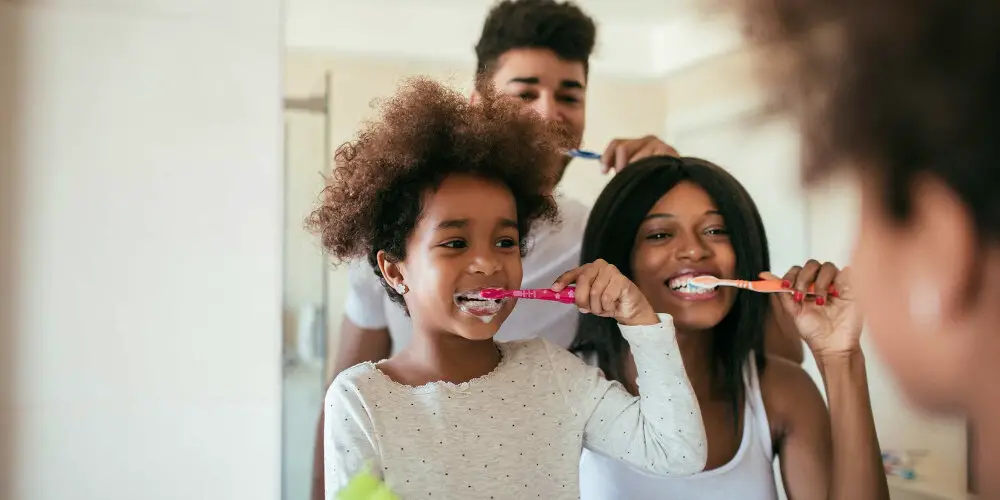
Dogs are fascinating creatures, and their behaviors are often intriguing to their human companions. One such behavior that has puzzled dog owners for years is why dogs chatter their teeth after licking. This behavior is commonly observed in dogs as they lick their paws, their owners, or even themselves. While this behavior may seem strange, it is actually quite normal and natural for dogs. There are several reasons why dogs chatter their teeth after licking, and understanding these reasons can help dog owners better understand their furry friends. One reason why dogs chatter their teeth after licking is to help remove any excess saliva from their mouths. When dogs lick, they produce a lot of saliva, and this saliva can build up in their mouths over time. By chattering their teeth, dogs are able to remove this excess saliva, which can help prevent them from drooling excessively. Additionally, chattering their teeth can also help to stimulate their salivary glands, which can help them to produce more saliva. This can be helpful for dogs that have dry mouths or that are experiencing dehydration. Overall, while the behavior of teeth chattering after licking may seem strange, it is actually a normal and natural behavior for dogs, and it serves several important purposes.
Dogs are known to be fond of licking their owners or themselves for a prolonged period. However, this activity can result in their teeth chattering. This behavior is usually observed when they are overexcited or anxious. Prolonged licking can cause a dog’s jaw muscles to become fatigued, leading to involuntary teeth chattering. Furthermore, the physical sensation of the tongue rubbing against their teeth can stimulate nerves, resulting in chattering. In some cases, dogs may also chatter their teeth out of frustration or to communicate their feelings. It is essential to observe your dog’s behavior and body language to understand the reason behind their teeth chattering.
There are various theories behind why dogs chatter their teeth after licking, and they include excitement, anticipation, and overstimulation. Some researchers suggest that dogs may chatter their teeth as a sign of excitement, especially when they are about to receive a treat or engage in playtime. Others believe that the behavior may be a form of anticipation, particularly when the dog is anticipating something they enjoy. Additionally, some experts propose that overstimulation may be the cause, as dogs may become overwhelmed with the sensory experience of licking and begin to chatter their teeth as a way to release pent-up energy. Regardless of the reason, it is clear that this behavior is a common occurrence among dogs and is generally considered harmless.
There are several theories that attempt to explain why dogs chatter their teeth after licking, and many of these theories are supported by scientific studies and expert opinions. One of the most common explanations is that it is a sign of contentment, similar to a cat’s purring. According to this theory, dogs may chatter their teeth after licking as a way to express their happiness and satisfaction. Other experts suggest that it may be a form of communication, as dogs often use body language and vocalizations to communicate with their owners and other dogs. Another theory is that it may be a way for dogs to relieve stress or anxiety, as teeth chattering is often seen in dogs that are nervous or fearful. Regardless of the reason, it is clear that teeth chattering is a common behavior among dogs, and one that owners should be aware of in order to better understand and communicate with their furry companions.
Is teeth chattering always a normal behavior?
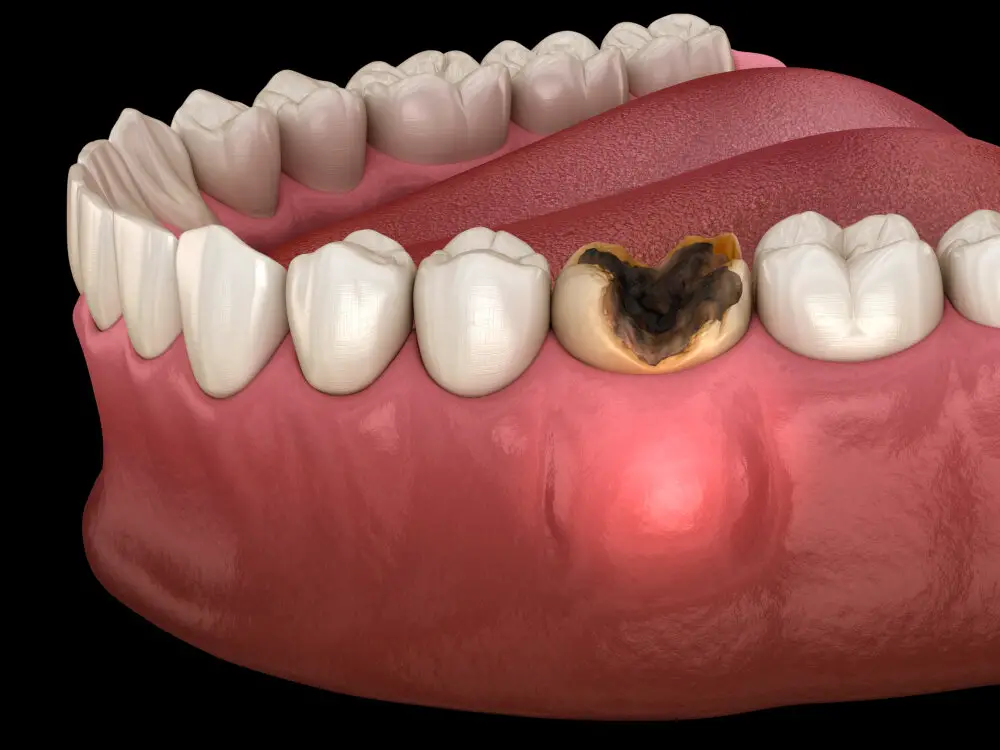
Teeth chattering is a common behavior among dogs that often occurs after they lick themselves or their owners. While it is usually a harmless behavior, it can sometimes be a sign of an underlying health issue. In most cases, teeth chattering is simply a reflex action caused by the contraction of the dog’s jaw muscles. This can happen when a dog is excited, anxious, or even cold. In some cases, it may be a way for the dog to release excess energy or tension. However, teeth chattering can also be a symptom of dental problems, such as gum disease or tooth decay. If your dog’s teeth chatter frequently or for extended periods of time, it is important to have their teeth checked by a veterinarian. Additionally, teeth chattering can also be a sign of neurological issues, such as seizures or tremors. If you notice that your dog’s teeth chattering is accompanied by other symptoms, such as shaking or loss of balance, it is crucial to consult with your veterinarian as soon as possible.
Teeth chattering in dogs can be a sign of a medical or behavioral issue. For instance, dental problems, such as tooth decay or gum disease, may cause discomfort and pain, leading to teeth chattering. Additionally, anxiety and fear can manifest through teeth chattering, particularly in stressful situations, such as vet visits or car rides. Moreover, some dogs may chatter their teeth as a response to excitement or anticipation, such as when they see their favorite toy or treat. Therefore, it is essential to observe the context and frequency of teeth chattering to determine whether it is a medical or behavioral issue that requires attention from a veterinarian or behaviorist.
Observing your dog’s behavior is crucial for their overall health and well-being. Dogs communicate through their actions, and it’s essential to understand what they’re trying to tell you. Teeth chattering after licking is a common behavior in dogs, and it can have various meanings, including anxiety, excitement, or dental issues. Ignoring this behavior can lead to severe dental problems or even cause your dog to become more anxious. Seeking veterinary help if necessary can prevent any underlying medical issues from worsening and ensure that your dog receives the necessary treatment. As a responsible pet owner, it’s crucial to pay attention to your dog’s behavior and seek professional help when needed to ensure that they are happy and healthy.
Dogs are known for their quirky behaviors, and one such behavior is teeth chattering after licking. It is a common behavior, and there are various reasons why dogs do it. Some dogs chatter their teeth due to excitement or anxiety, while others do it as a response to a pleasurable experience, such as being petted or receiving attention. Additionally, teeth chattering can also be a sign of dental pain or discomfort. Therefore, it is essential to observe the context in which the behavior occurs to determine the underlying cause. Dog owners should monitor their pets closely and seek veterinary care if the behavior persists or is accompanied by other symptoms.
Teeth chattering after licking is a common behavior among dogs that is often seen as a sign of enjoyment. While this behavior is typically normal, it’s important to pay attention to your dog’s overall behavior to ensure their health and happiness. Sometimes teeth chattering can indicate a dental issue or discomfort, so it’s important to monitor your dog’s teeth and gums regularly. Additionally, if your dog is exhibiting other concerning behaviors, such as lethargy or loss of appetite, it may be worth checking with your veterinarian to rule out any underlying health issues. Ultimately, understanding your dog’s behavior and addressing any potential health concerns can help ensure a happy and healthy life for your furry friend.
Conclusion
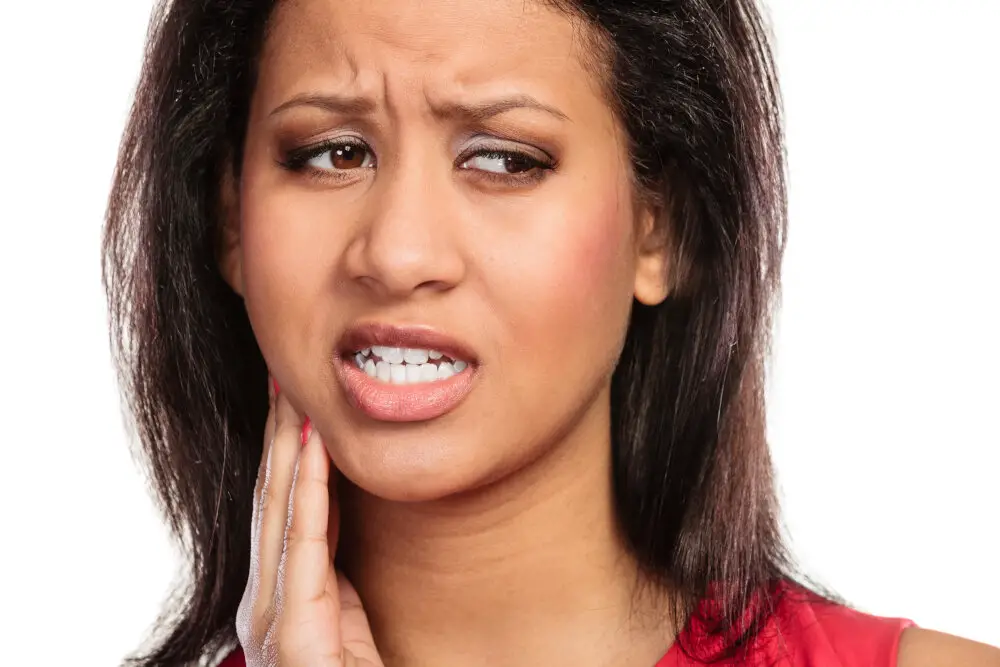
In conclusion, the act of a dog chattering their teeth after licking is a common and natural behavior. It can be caused by excitement, anxiety, or even as a way of communicating with their owner or other dogs. It is important for dog owners to understand this behavior and to ensure that their furry friends are comfortable and not experiencing any negative emotions. By paying attention to their body language and providing a safe and secure environment, we can foster a healthy and happy relationship with our four-legged companions.


